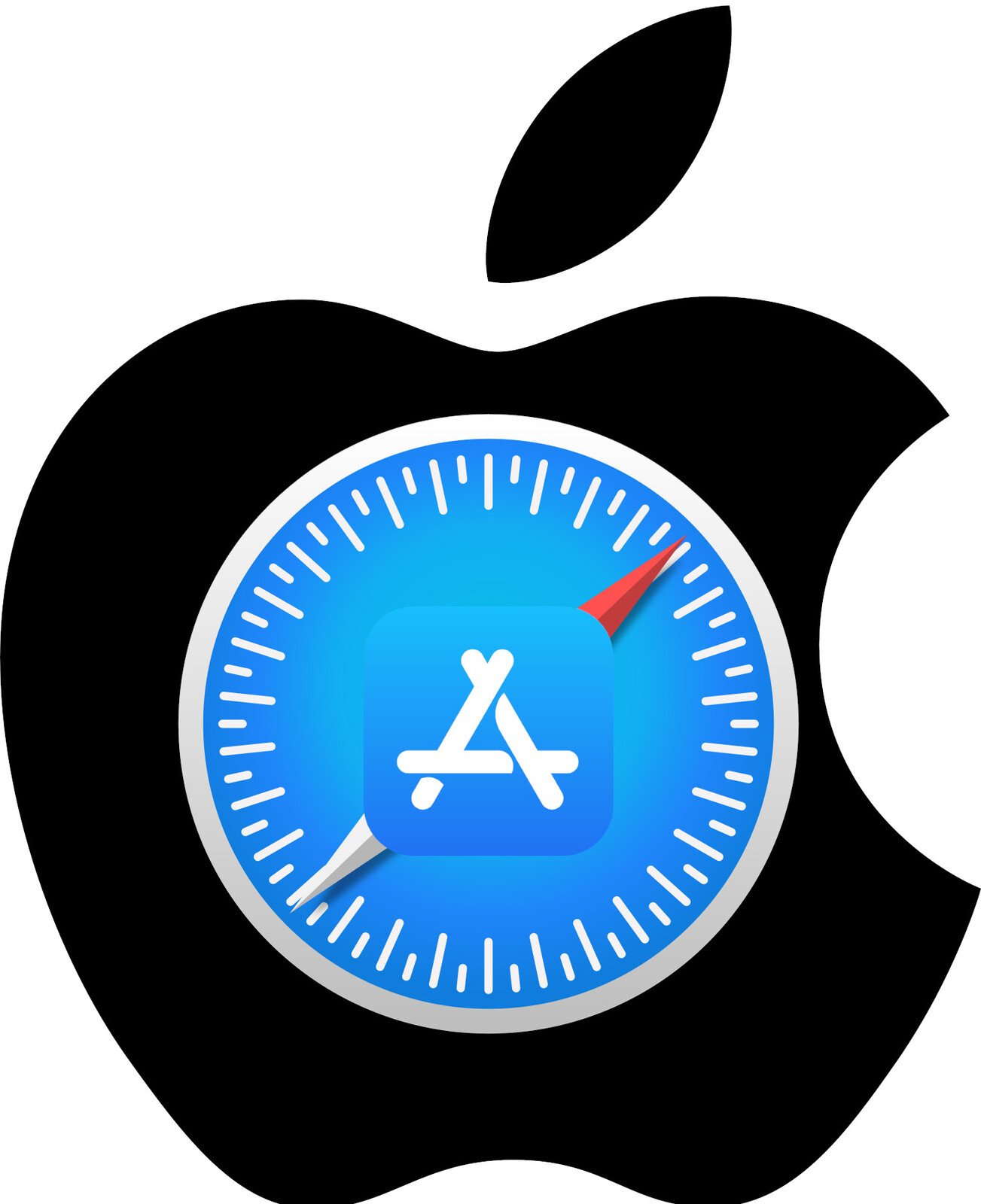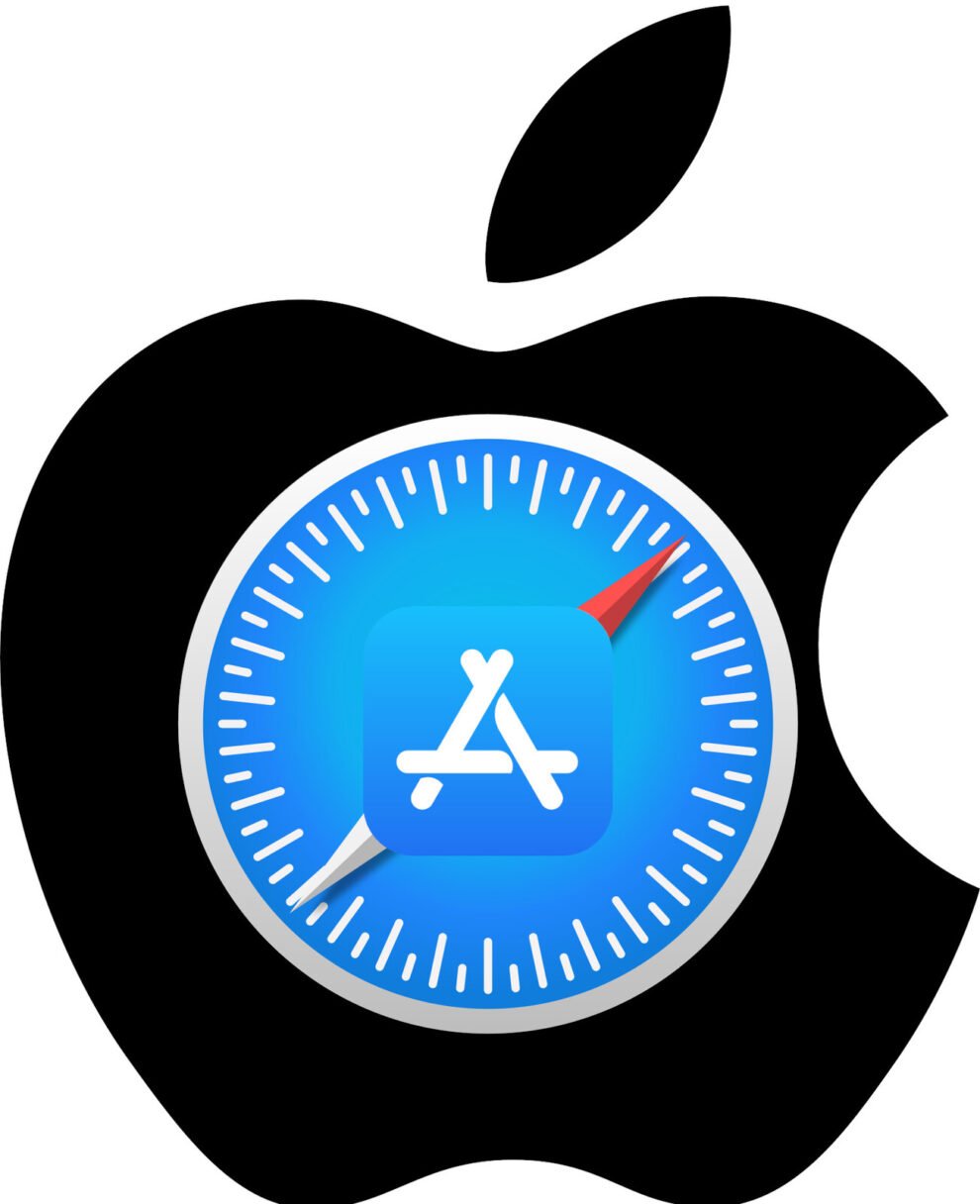In a surprising twist, Apple has announced it will not eliminate Home Screen web apps in Europe, a move that counters previous actions and statements regarding its iOS software updates. This development comes amid a complex regulatory landscape shaped by the European Union’s Digital Markets Act (DMA), aiming to foster more competition and choice in the digital space.
Key Highlights:
- No Ban on Home Screen Web Apps: Contrary to earlier actions, Apple will continue supporting Home Screen web apps in Europe.
- Digital Markets Act Compliance: Apple’s adjustments are in response to the EU’s DMA, which mandates more open competition and browser engine diversity.
- Security and Privacy Concerns: Apple cites significant security and privacy challenges in integrating alternative browser engines with Home Screen web apps.
- Mixed Reactions: The decision has elicited varied responses from the tech community, developers, and regulatory bodies.

Understanding the Situation
Apple initially indicated that the forthcoming iOS update would disable Progressive Web Apps (PWAs) on the Home Screen for European users. This was attributed to new requirements under the DMA that necessitate support for alternative browser engines, not just Apple’s WebKit. Apple argued that creating a new integration architecture for PWAs to work with these engines was impractical due to the complex security and privacy concerns involved and the relatively low usage of Home Screen web apps.
The Regulatory Background
The DMA is a landmark piece of legislation by the EU, aimed at ensuring fair competition and more choices for consumers in the digital market. Among other requirements, it compels major tech companies to allow alternative app stores, third-party payment systems, and support for non-WebKit browser engines on their platforms.
The Controversy and Response
The move to disable PWAs was met with criticism from various quarters, including the Open Web Advocacy, which argued that Apple had ample time to prepare for DMA compliance and accused the company of using this as an excuse to maintain its market dominance. Critics also highlighted that Apple’s decision impacts user experience and the functionality of web apps, which could have been avoided with more proactive planning.
Looking Forward
Apple’s stance on Home Screen web apps in Europe underscores the challenges tech giants face in balancing regulatory compliance with their operational and security protocols. The company’s efforts to align with the DMA’s requirements reflect a broader industry shift towards greater interoperability and consumer choice in the digital ecosystem.
Opinionated Summary
Apple’s recent pivot in its approach to Home Screen web apps in Europe is a testament to the dynamic interplay between regulation, technology, and market forces. While the company cites significant technical and security hurdles in complying with the DMA’s mandates, the underlying narrative is about adapting to a changing regulatory landscape. This development not only impacts Apple and European users but also sets a precedent for how tech companies navigate compliance and innovation in an increasingly regulated global market.





